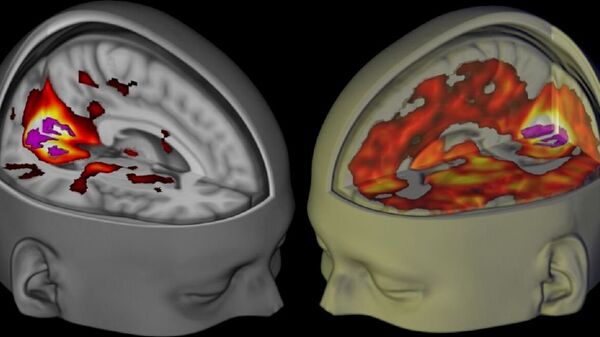In the mid-1960s, LSD became a banned Schedule 1 substance and research on the chemical compound quickly dwindled.
However, new research in the field of psychedelic drugs such as LSD, DMT and psilocybin mushrooms over the last decade has revealed that the compounds can help promote structural and functional plasticity in the prefrontal cortex of the human brain, leading to the ability of patients suffering from aggressive mental disorders to get relief from their compulsions.
In the book How to Change Your Mind, author Michael Pollan sets out research on how LSD and psilocybin — the active ingredient in magic mushrooms — is used to help help terminal cancer patients deal with their diagnoses, cure addictions such as smoking and alcoholism and even provide relief for people struggling with depression, anxiety and post-traumatic stress disorder (PTSD).
According to Pollan, who was prescribed LSD and magic mushrooms as part of his research, psychedelic drugs are not known to be physically addictive. Most patients only need to take the drug once to notice an improvement in their well-being. In carefully controlled clinical settings, psychedelic drugs remove the constraints our brains place on conscious experience, he notes, allowing us to perceive the world differently instead of the way our brains have been programmed to allow us to experience it.
"We are suddenly in an ego-free state," Pollan said, the South China Morning Post (SCMP) reported Sunday. "The ego is a sequence of barriers — walls between you and nature, you and other people, you and your own mind, you and your subconscious. When you lower those barriers, more information gets in. You feel that you are part of a larger entity."
"Being an alcoholic, or being depressed, you are looking at life from a certain perspective, and it's destructive," Pollan added. "The drugs foster a shift in perspective. You see your life and its problems differently. Changing that perspective and seeing things from a different point of view can be constructive."
A study published on June 12 in the journal Cell Reports states that a breadth of evidence from human imaging, postmortem studies and animal studies suggests that the atrophy of neurons in the prefrontal cortex of the human brain "plays a key role" in the physiological aspects of depression and similar conditions.
The prefrontal cortex is the region of the human brain responsible for decision making, personality expression and moderating one's behavior in different social settings.
The promotion of structural and functional improvements in the prefrontal cortex affected by LSD, magic mushrooms and DMT is "accompanied by increased synapse number and function, as measured by fluorescence microscopy and electrophysiology," the scientific study states.
Increasing the number of synapses in the brain results in neurons "talking" to one another more efficiently. The structural changes appear to be driven by the "stimulation of the TrkB, mTOR, and 5-HT2A signaling pathways and could explain the clinical effectiveness of these compounds," researchers note. In addition, psychedelics appear to have long-lasting antidepressant and anxiolytic effects on patients after a single application.
"Our work strengthens the growing body of literature indicating that psychoplastogens capable of promoting plasticity in the PFC [prefrontal cortex] might have value as fast-acting antidepressants and anxiolytics with efficacy in treatment-resistant populations," the researchers state.
In January, researchers from around the world working in medical facilities in the US and Canada began the third and final phase of clinical testing that will precede prescription-ecstasy treatments becoming legal by 2021 in the US.



